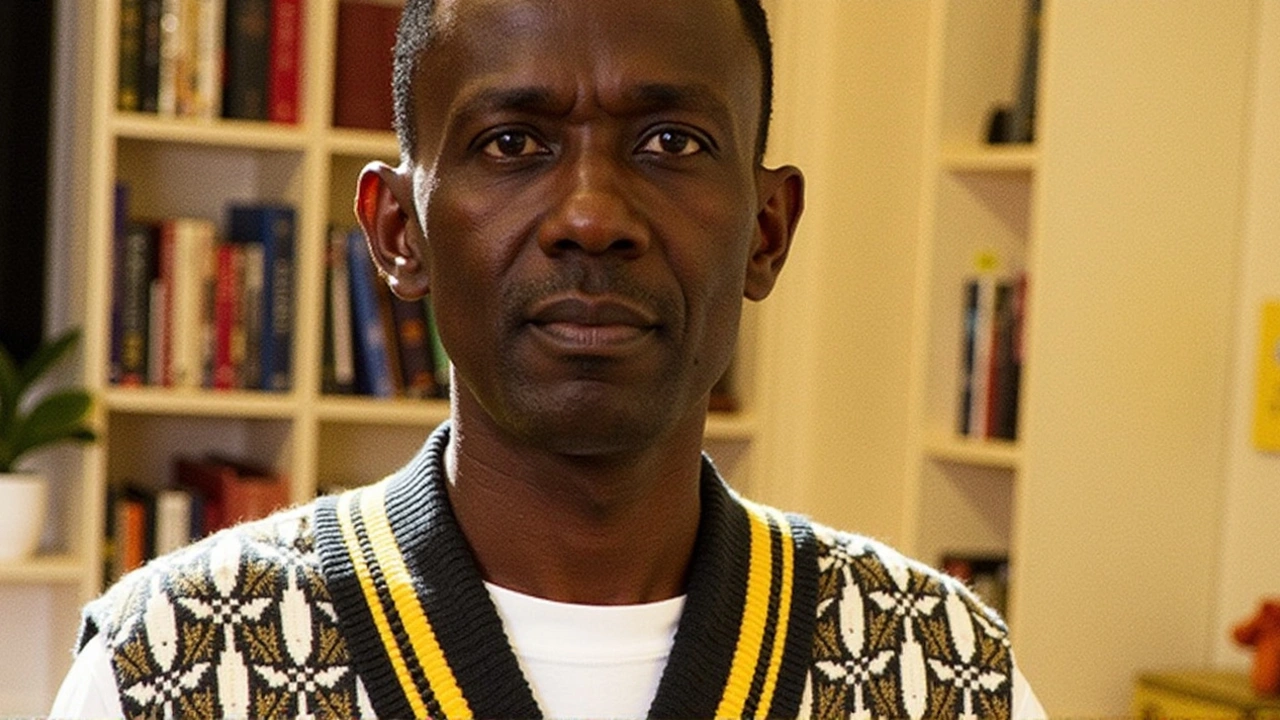Kidney Transplant: What You Need to Know Today
If you or a loved one needs a new kidney, the process can feel overwhelming. The good news is that modern transplants save lives and give people a chance to live normally again. In this guide we break down the basics, explain who can donate, and share the latest success stories from across Africa. No jargon, just clear answers you can use right away.
How Kidney Transplants Work
A kidney transplant replaces a failing organ with a healthy one from a donor. The donor can be a living relative, a friend, or a deceased person whose kidneys are matched for blood type and tissue. Surgeons connect the new kidney to the recipient’s blood vessels and bladder, then the body’s immune system is kept in check with medicines called immunosuppressants. These drugs prevent rejection and let the new kidney start filtering waste within days.
Kidney Transplant Success in Africa
Africa’s transplant programs are growing fast. Countries like South Africa, Kenya, and Nigeria have upgraded hospitals and trained surgeons, boosting success rates to over 90 % one‑year survival. Local charities are also raising awareness about organ donation, helping more families consider living donation. Real‑life stories are emerging – patients who once spent months on dialysis now run farms, teach classes, and play with their kids thanks to a successful transplant.
Who can receive a kidney? Generally, adults with end‑stage renal disease, high blood pressure, or diabetes‑related kidney damage are eligible. Doctors run tests to see if the heart and other organs are healthy enough for surgery. If you’re over 18 and in good overall health, you may qualify. Children can also get transplants, but they often need special pediatric teams.
Thinking about donation? Living donors usually give one kidney, keeping the other to function for life. The surgery is done laparoscopically, meaning small cuts and a quicker recovery. Donors are screened for infections, blood type, and overall health. After donation, most people return to work within a few weeks and live normal lives with one kidney.
After the operation, the biggest challenge is taking the medication correctly. Missing a dose can trigger rejection, which may damage the new kidney. Regular check‑ups, blood tests, and a balanced diet keep things on track. Staying active, avoiding smoking, and limiting alcohol also help the new organ thrive.
If you’re curious about the latest news, look for updates on new surgical techniques, such as robot‑assisted transplants, and policy changes that make organ donation easier. Many African hospitals now have donor registries online, making it simpler for families to sign up.
Kidney transplants offer a real shot at a healthier future. Whether you’re a patient, a potential donor, or just someone interested in medical progress, staying informed is the first step. Keep reading Africa Success Daily for the newest stories, tips, and breakthroughs that could change lives across the continent.

25
Sep
TG Omori assures fans of his return by 2025 after a challenging kidney transplant journey. Following a failed attempt earlier in the year, Omori remains optimistic and determined to come back stronger. His recent update aims to reassure his supporters concerned about his health and future plans.
Read More
